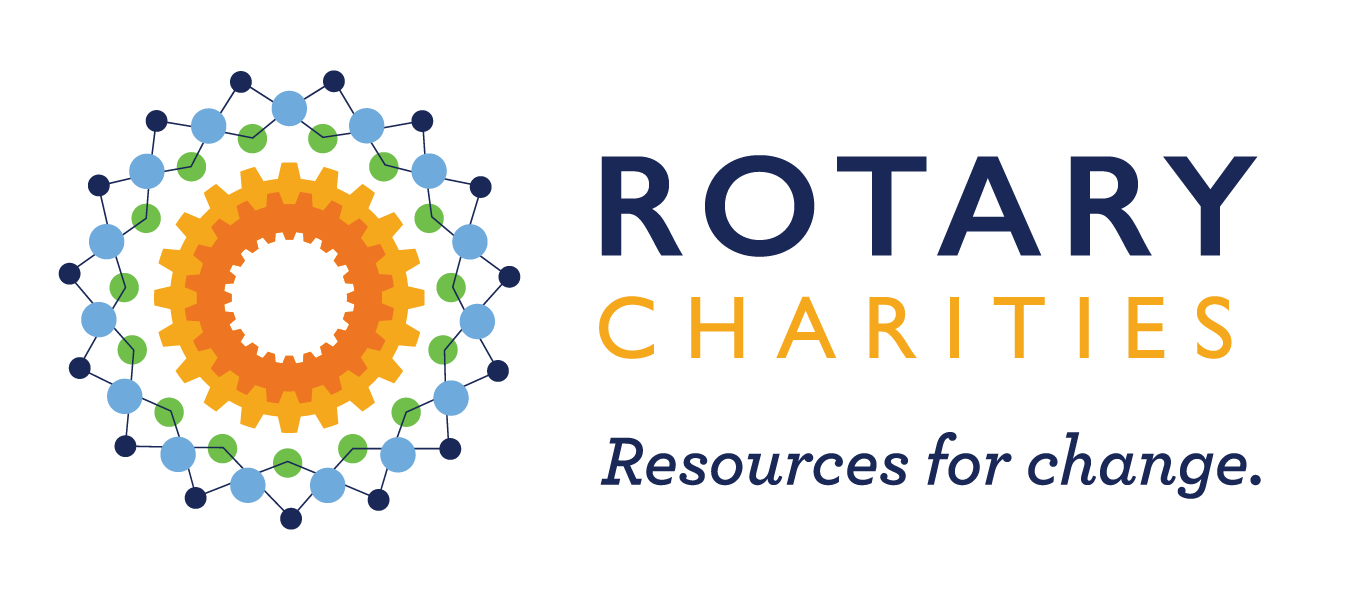From Pilot to Progress

In 2021, Hospice of Michigan (HOM) identified a pressing healthcare challenge in Northern Michigan—the absence of accessible home-based palliative care. Recognizing the need for specialized care tailored to individuals facing serious illnesses, HOM sought to bridge the gap between treatment and end-of-life hospice care by piloting two programs called NorthStar Navigation (NSN) and NorthStar Palliative Care (NSPC) in Traverse City. With the support of a $40,000 Assets for Thriving Communities grant from Rotary Charities of Traverse City, HOM has improved care, exceeded caseload expectations, and expanded its reach to communities throughout Northern Michigan and beyond.
Meeting Families Where They Are: The Compassionate Role of Palliative Care
In the midst of challenging times, caregivers often experience overwhelming emotions while caring for their sick loved ones. NorthStar Palliative Care provides symptom management, advanced care planning, and resource navigation for patients with serious illnesses. Palliative care not only offers medical support but, as part of the pilot program, Nurse Navigators also serve as a vital resource to alleviate some of the burden on caregivers. Nurse Navigators specialize in providing guidance, education, and a compassionate presence throughout the healthcare journey. “At Hospice of Michigan, our mission is simply to serve, Every Person. Every Time. NorthStar Palliative Care allows us to meet patients and families where they are at—literally in their home, at an assisted living or skilled nursing center, in addition to meeting them where they are at emotionally, providing support while pursuing curative treatment.” says Jenn Simmer, Statewide Director of Market Operations.
Unlike hospice care, which is typically a service for those nearing the end of their life (6 months or less), palliative care services are a great support program for anyone who has been diagnosed with a life-limiting, or serious illness earlier in their treatment or disease progression (up to 3 years or less) who could benefit from symptom management or goals of care discussions. This extended timeframe allows patients and their families more time to navigate their healthcare journey, emphasizing the importance of providing comfort, relief, and support well before the final stages of life. “What we have found is that getting patients high-quality palliative care services sooner allowed them to also engage with the more robust support of hospice services sooner and for a longer period of time than others who did not have palliative care,” says Thomas O’Neil, MD FAAHPM, Director of Medical Affairs and NorthStar Palliative Care.
Traverse City Pilot Programs Reshape Palliative Care
During the initial phase of the NSPC pilot program, HOM reached out to many physician's offices in the service region to identify the community's needs and provide education on the benefits of palliative care, criteria, and how to refer patients. By actively engaging with local physicians and reflecting on patient needs, HOM has fine-tuned its strategies, building essential partnerships that improve quality of care.
In Traverse City, HOM cares for an impressive daily load of 165 hospice patients and 74 palliative care patients—numbers that surpass expectations and underscore the program's impact. And, the NSPC and NSN programs, initially piloted with Rotary Charities' support, have rapidly expanded HOM’s reach. Within two years, HOM has extended its compassionate services to communities in Cadillac, Gaylord, Charlevoix, Alpena, Ludington, Manistee, and Big Rapids, ensuring that palliative care is accessible across Northern Michigan.
Strategic Expansion: Meeting the Unique Needs of Detroit
Leveraging this success, HOM secured a grant from the Michigan Health Endowment Fund to expand the NSPC services to the city of Detroit. By strategically launching the program in Traverse City, insights gained during the pilot period have empowered HOM to refine and tailor its palliative care services to meet the distinct healthcare needs of Detroit residents, such as the addition of palliative care social workers who will help connect patients to community resources and services.
Lessons Learned: Pilot Helps Shape Program Success
Pilot programs stand as invaluable testing grounds, offering a structured environment to experiment, learn, and refine new initiatives. In the context of HOM's NorthStar Navigation and NorthStar Palliative Care program, the pilot phase facilitated a nuanced understanding of the community's distinct needs, enabling HOM to fine-tune strategies and cultivate essential partnerships. The success of the pilot, marked by impactful outcomes and community engagement, forms the solid foundation for strategic expansion and exemplifies the importance of not only applying lessons learned but leveraging them, ensuring the implementation of more effective future programs.


